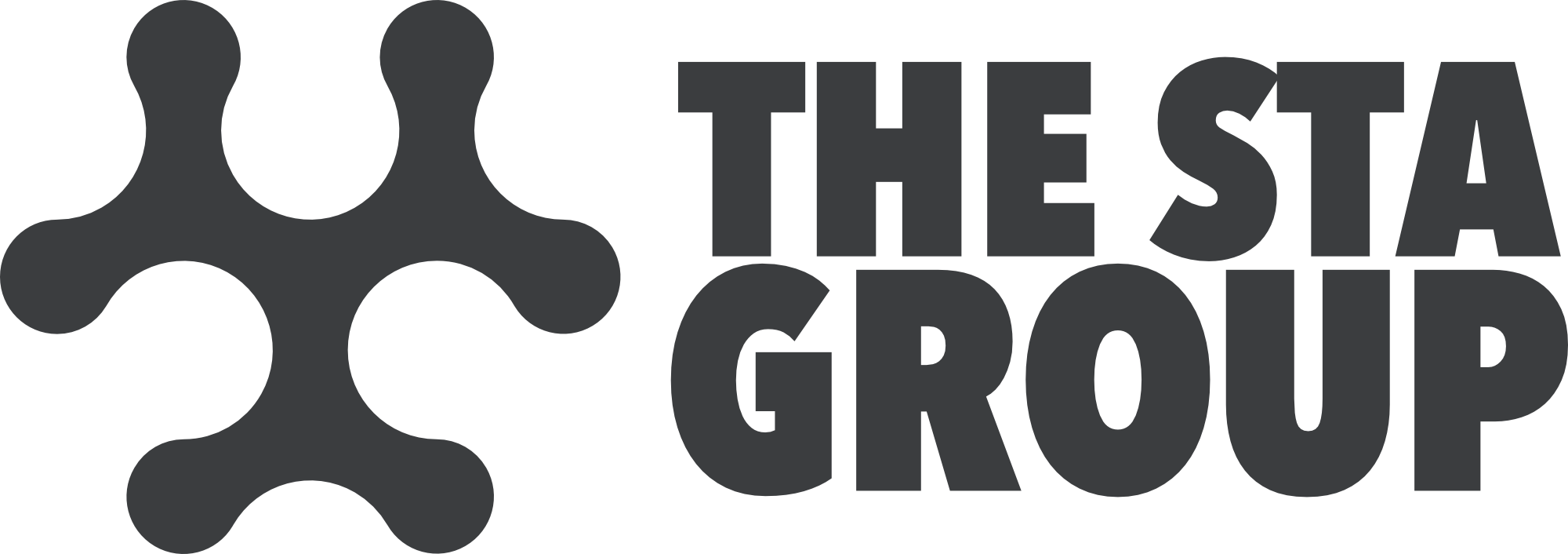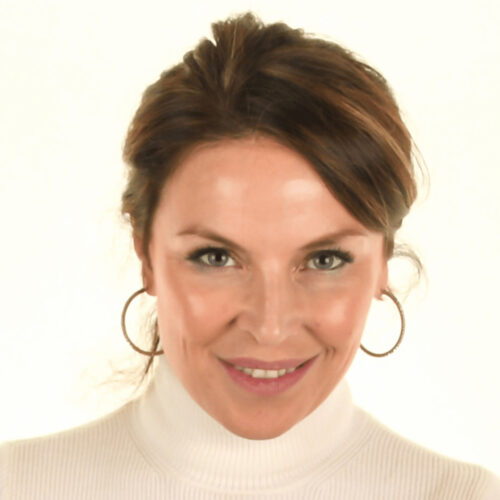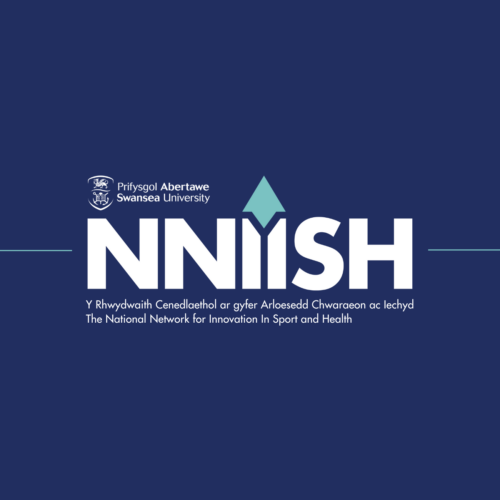The very nature of the sports technology industry means that it is fast-paced but, in recent years, one sector has stood out as perhaps the most booming – wearables. With the market set to reach $31bn by 2020 and with an annual growth rate of 35%, it’s safe to say that we’ll be seeing a lot more handy gadgets on our wrists and in our kit bags.
Wearables is a broad church that currently divides into two distinct areas; the in-depth monitoring demanded by elite sport, versus the behavior-change products for the leisure market. In short, serious sportspeople don’t need to count their daily steps for motivation or to assess how well they have trained. Conversely, for a person simply trying to lose weight, knowing hip mobility or in-depth biometric stats is probably overkill. From that viewpoint, the sector has developed ‘horses for courses’ products very well.
As the CEO of the Sports Technology Awards, I keep a very close eye on trends and changes in this space. Having spent a lot of time reviewing new kit at CES in January as well as knowing what is currently on offer, the overwhelming impression is that there are a lot of ‘me too’ products on the market and few items are genuinely moving the space forward, especially at the mass market end of the spectrum. Simply making something more waterproof, a bit prettier or even more streamlined isn’t especially interesting.
However, what appears to be the single biggest trend in wearables – and transcends the division between elite athletes and your average punter – is the ability to track and improve sleep. Currently, this is more prevalent in the technology available to elite sports coaches and managers but, as is the norm with these things, it is fast finding its way down to the high street.
The benefits of sustained, quality sleep are drummed into us from a young age but as consumers wake up to the ability to do something about it (as well as the slightly geeky enjoyment of having another data seam to mine) suddenly the growth stats for wearables look almost conservative.



